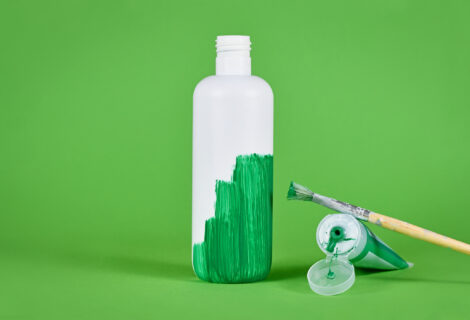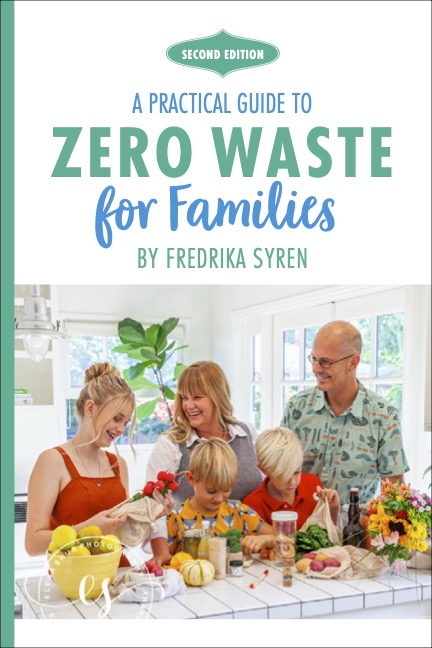As awareness of environmental issues grows, many people are looking for ways to reduce their ecological footprint. One area that is often overlooked, however, is pet ownership. Pets are beloved members of our families, but they can also contribute significantly to waste and environmental degradation. The good news is that it’s possible to maintain a pet-friendly home while also being kind to the planet. Here are some tips and tricks for creating a zero-waste pet household.

Understanding the Importance of Pet Insurance
Pet insurance is a crucial safeguard for pet owners, providing financial support in times of unexpected medical emergencies. Just like humans, pets can face health issues that require expensive treatments or surgeries, and having insurance can alleviate the financial burden. It covers a range of services, including veterinary visits, medications, surgeries, and even emergency care. Additionally, some policies offer coverage for preventive care, such as vaccinations and routine check-ups, experts from waggel.co.uk explain. By investing in pet insurance, owners can ensure that their furry companions receive the best possible care without worrying about the costs. It’s a proactive measure that promotes responsible pet ownership and peace of mind for pet parents.
Sustainable Pet Food Choices
Pet food packaging can be a significant source of waste, often consisting of plastic and non-recyclable materials. To reduce this impact:
Bulk Buying: Purchase pet food in bulk to minimize packaging waste. Some stores allow you to bring your containers to refill.
Homemade Pet Food: Making your pet food using fresh, local ingredients can reduce packaging waste and ensure your pet is eating a healthy diet. Consult with a veterinarian to ensure that your homemade food meets your pet’s nutritional needs.
Eco-Friendly Brands: Look for pet food brands that prioritize sustainability, using recyclable packaging and sourcing ingredients responsibly.
Composting Pet Waste
Pet waste is another significant source of household waste. While dog and cat waste should not be added to regular compost piles due to the potential for harmful pathogens, there are specialized composting systems designed for pet waste.
Pet Waste Composters: These systems safely break down pet waste into a soil-like material that can be used for non-edible plants.
Biodegradable Bags: Use biodegradable bags to collect pet waste. These bags break down more quickly than traditional plastic bags, reducing their environmental impact.
Eco-Friendly Pet Toys
Pet toys can be a significant source of plastic waste. Fortunately, there are plenty of sustainable options available:
Natural Materials: Choose toys made from natural, biodegradable materials like hemp, cotton, or wood.
DIY Toys: Make your pet toys from household items. For example, a simple rope made from old t-shirts can be a great chew toy for dogs.
Durable Toys: Invest in high-quality, durable toys that last longer and reduce the frequency of replacements.







